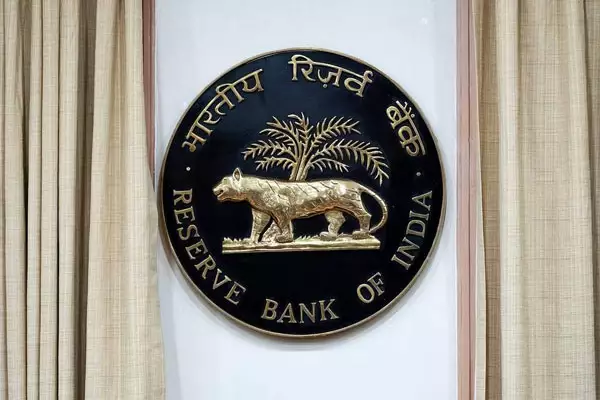The Reserve Bank of India (RBI) revised the Framework for Domestic Money Transfer (DMT) initially introduced in 2011.
Key Highlights of Revised Framework for Domestic Money Transfer (DMT)
- The revision was mandated under the Payment and Settlement Systems Act, 2007.
- This update was prompted by a significant enhancement in the availability of banking outlets and the evolution of payment systems which improved the ease of transferring funds.
- Notably, the ease in fulfilling KYC (Know Your Customer) requirements has been improved, providing users with multiple digital options for fund transfers.
- The revised framework includes stringent measures for transferring money. For instance, for Cash Pay-out Services, banks must obtain and record the beneficiary’s name and address.
- Cash Pay-in Services will now require banks or Business Correspondents (BCs) to register the remitter with a verified cellphone number and a self-certified Officially Valid Document (OVD).
- Each transaction must be authenticated by an Additional Factor of Authentication (AFA).
- Banks and their BCs must adhere to the Income Tax Act, 1961 provisions, focusing particularly on regulations related to cash deposits.
- Details of the remitter must be included in the IMPS/NEFT transaction messages, and these will now carry an identifier to denote the transaction as a cash-based remittance.
- The guidelines on Card-to-Card transfers are explicitly excluded from the DMT framework and will be governed under separate guidelines.
- All previous instructions from the 2011 circular, including transaction size limits, remain applicable.
Ref: Source
| UPSC IAS Preparation Resources | |
| Current Affairs Analysis | Topperspedia |
| GS Shots | Simply Explained |
| Daily Flash Cards | Daily Quiz |
Frequently Asked Questions (FAQs):
What measures are included in the revised framework for transferring money?
Stringent measures include obtaining and recording beneficiary information for Cash Pay-out Services.
What is required for Cash Pay-in Services under the revised framework?
Banks or Business Correspondents must register the remitter with a verified cellphone number and self-certified OVD.



